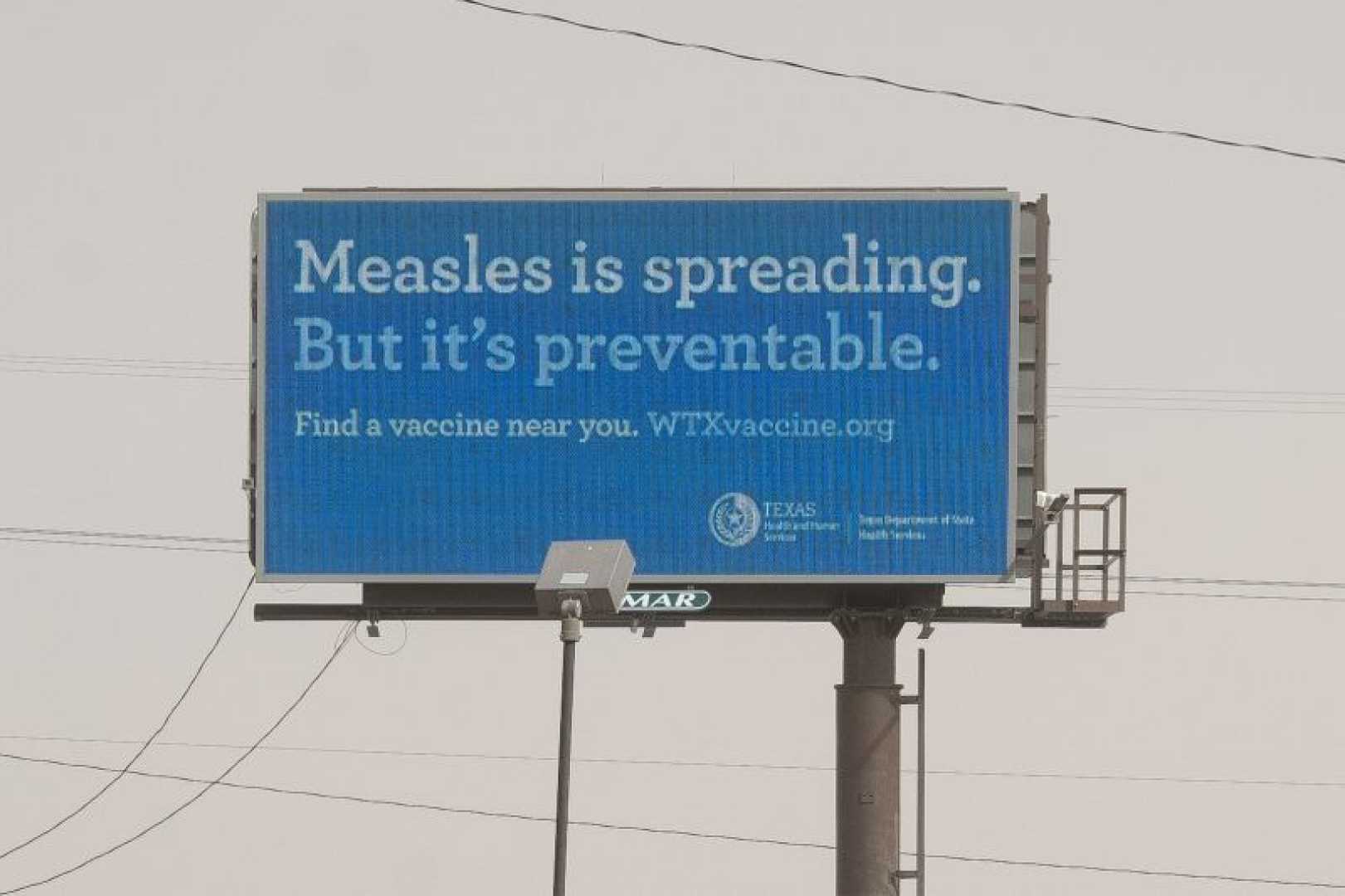Health
U.S. Vaccination Decline Could Lead to Measles Comeback, Study Warns

Stanford, California — A study from researchers at Stanford Medicine warns that if childhood vaccination rates in the United States continue to decline, diseases such as measles, rubella, and polio could become endemic again. The study, published in the Journal of the American Medical Association on April 24, highlights a significant drop in vaccination rates since the COVID-19 pandemic began.
Recent data show a resurgence of measles cases across the country, with an outbreak in western Texas affecting more than 620 individuals, resulting in 64 hospitalizations and two deaths. Lead author Nathan Lo, an assistant professor of epidemiology, noted that current vaccination levels are concerning and may lead to grim outcomes within 20 years if rates remain the same.
The researchers used large-scale epidemiological modeling to gauge the impact of various vaccination coverage scenarios in the U.S. Even at existing levels, the model suggests that measles may re-establish itself permanently in the country, unless vaccination rates improve.
“If vaccination rates fall by even 10% today, we could see measles cases skyrocket to over 11 million within 25 years,” Kiang explained. “Under these conditions, diseases like rubella and polio would also likely resurface.”
Lo pointed out that measles is one of the most contagious diseases, requiring approximately 95% of the population to be vaccinated to prevent its spread. The study emphasizes the critical need for parents and guardians to reconsider vaccination for their children.
“Increasing vaccination levels by just 5% could markedly lower the number of measles cases,” Lo said. “We’re at a tipping point where small changes can make a significant difference.”
The research involved contributions from experts at Baylor College of Medicine, Rice University, and Texas A&M University and received funding from the National Institutes of Health. As the authors underscore the importance of vaccinations, they hope the findings will influence policymakers to reinforce the necessity of childhood immunizations.












